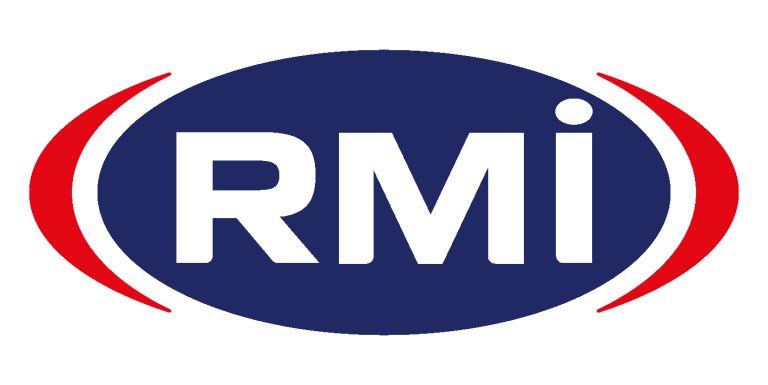The Retail Motor Industry Organisation (RMI) supports The Department of Basic Education’s Second Chance Matric Programme which was announced last week.
Louis van Huyssteen, RMI National Training Director says this year 923 460 pupils are currently writing their National Senior Certificate exams. As is the case every year, pupils may be stressing that their marks will not be good enough to enrol at a university, private college or a technical and vocational education and training college.
The really positive news, is that many of these young people will be given a second chance to improve their marks through the Department’s innovative second chance programme which provides that second chance to meet the requirements of the NSC or SC and obtain a Grade 12 matric certificate.
“We encourage those who do take up the option and are successful to consider one of the many qualifications being offered at TVET colleges around the country. In the retail motor industry sector specifically, we are urgently looking for skills and young South Africans who embrace apprenticeships can enjoy earning whilst they learn,” he says.
Van Huyssteen says the opportunities to specialise are exciting allowing young people to explore sought after expert areas including colour mixer and matcher; application of waterborne and 2 and 3 stage pearlescent paint; passenger and commercial vehicle technicians; vehicle engine remanufacturing; diagnostic and fault-finding technicians; coded welding, and steering geometry and advanced driver-assistance systems. “University is definitely not for everyone and a TVET qualification offers an excellent alternative,” says Van Huyssteen.
Rasheed Adhikari, Facilitator at College of Cape Town for Centre of Specialisation Motor Mechanic Programme (3 years) agrees saying that a TVET qualification is the best qualification for any learner looking to do a trade qualification. The course is a three-year course where he/she will qualify as a qualified artisan who can then start earning a decent salary. If that artisan wants to further his studies, he can even study further while he earns and either get a Technical Diploma at one of the Universities of Technology or a degree at one of the universities.
Adhikari says university or a technical qualification is not for everyone. “Not every learner has the dexterity, technical or cognitive ability to do a modern motor mechanic apprenticeship, but for those that have the skill our artisan programmes are an excellent entry point into the workplace and the learner is virtually guaranteed employment when he/she qualifies. The reality is that qualified Tradesmen are well respected all over the world and in many European countries even earn more than doctors or lawyers.”



